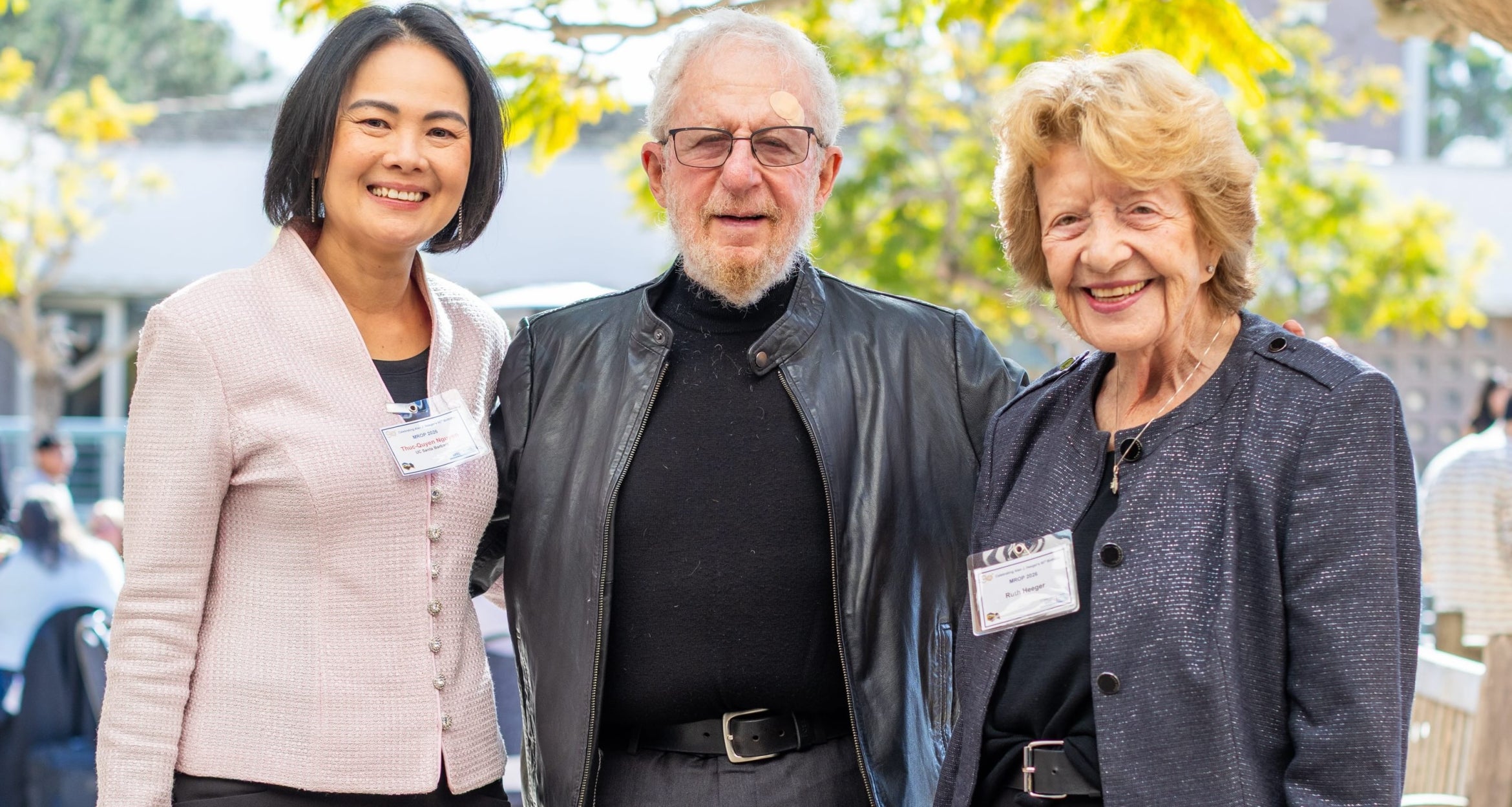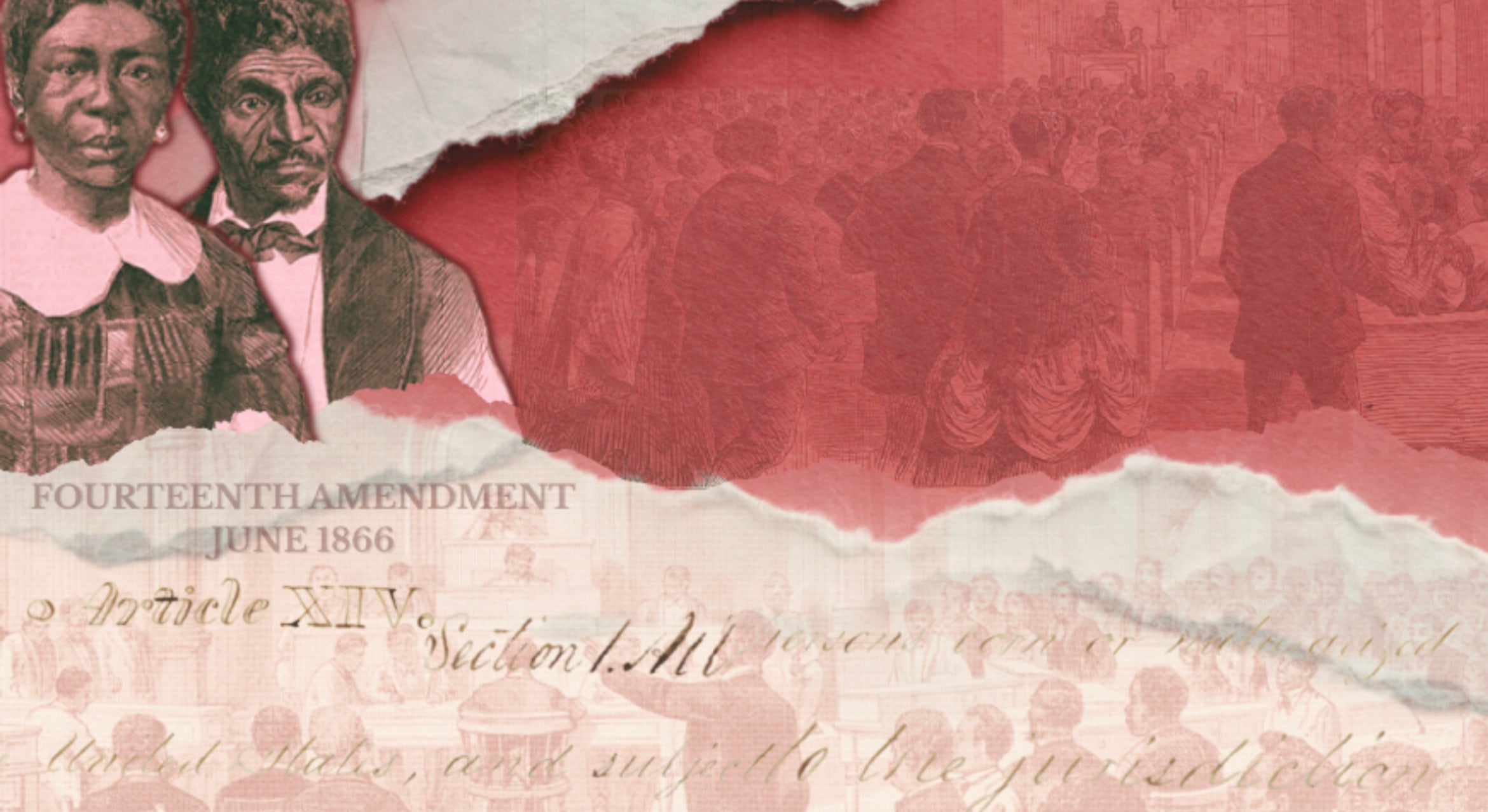Three members of the UC Santa Barbara community were involved in research and writing for the United Nations Intergovernmental Panel on Climate Change (IPCC), which shares the 2007 Peace Prize with former U.S. Vice President Al Gore.
Charles Kolstad, a UCSB professor of economics and a professor of environmental economics at the Bren School of Environmental Science and Management, was a lead author of the chapter "Policies, Instruments and Co-operative Arrangements" in the report titled "Climate Change 2007: Mitigation," one of three volumes that make up the IPCC's Fourth Assessment of its long-term work on climate change.
Also contributing to that chapter was Nicholas Burger, a Bren School graduate who is now pursuing his Ph.D. in economics at UC Santa Barbara. He is enrolled in the Economics of Environmental Science (EES) program, a multidisciplinary partnership between the Bren School and the Department of Economics.
In addition, Stephen J. DeCanio, a professor of economics, was a co-lead author of the chapter "Financing Partnerships for Technology Transfer" of a Special IPCC Working Group III report (Methodological and Technological Issues in Technology Transfer) published in 2000.
"On behalf of our campus community, I am delighted to congratulate all of our UCSB colleagues who have made important contributions to the work of the IPCC through research, writing, and personal participation," said Chancellor Henry Yang. "We are proud of the collaborative work being conducted by our distinguished colleagues on climate change issues. We also appreciate the role of our faculty, staff, and students in making UC Santa Barbara a leader and exemplary 'living laboratory' for environmental sustainability."
The Norwegian Nobel Committee said that the IPCC reports issued over the past 20 years had "created an ever-broader informed consensus about the connection between human activities and global warming." The committee noted that "thousands of scientists and officials from over one hundred countries have collaborated to achieve greater certainty as to the scale of the warming. Whereas in the 1980s global warming seemed to be merely an interesting hypothesis, the 1990s produced firmer evidence in its support. In the last few years, the connections have become even clearer and the consequences still more apparent."
Said Kolstad: "IPCC is the leading bright light in the climate debate. There are maybe 3,000 people involved in this important shared effort."
The Nobel Committee recognized Gore for his part in raising awareness of climate change through his lectures, his political work, his nonprofit advocacy organization, and the broad visibility of his Oscar-winning documentary, "An Inconvenient Truth."
"He is probably the single individual who has done most to create greater worldwide understanding of the measures that need to be adopted," the committee wrote.
Kolstad's research interests are broadly in environmental and natural resource economics. He is interested how information and learning influence the timing, strength and effectiveness of environmental regulation. Much of his applied work is in the area of climate change and energy markets.
Kolstad is a co-editor of the Review of Environmental Economics and Policy and a former president of the Association of Environmental and Resource Economists (AERE). He is an author of over 100 publications, including his undergraduate text, Environmental Economics, which has been translated into Chinese, Spanish and Japanese. He is on sabbatical this quarter.
DeCanio's research focuses on the economics of climate change, protection of the stratospheric ozone layer, factors affecting the diffusion of energy-efficient technologies, and the impacts of greenhouse gas reduction policies. He is one of the founders of UCSB's Computational Laboratories Group. His most recent book is Economic Models of Climate Change: A Critique.
DeCanio has served as Senior Staff Economist at the President's Council of Economic Advisers. He has been a member of the Economic Options Panel convened by the United Nations Environment Programme to review economic aspects of the Montreal Protocol on Substances that Deplete the Ozone Layer, and is currently Co-Chair of the Montreal Protocol's Agricultural Economics Task Force of the Technical and Economics Assessment Panel.
He currently serves as Director of the UCSB Washington Program.
Related Links



